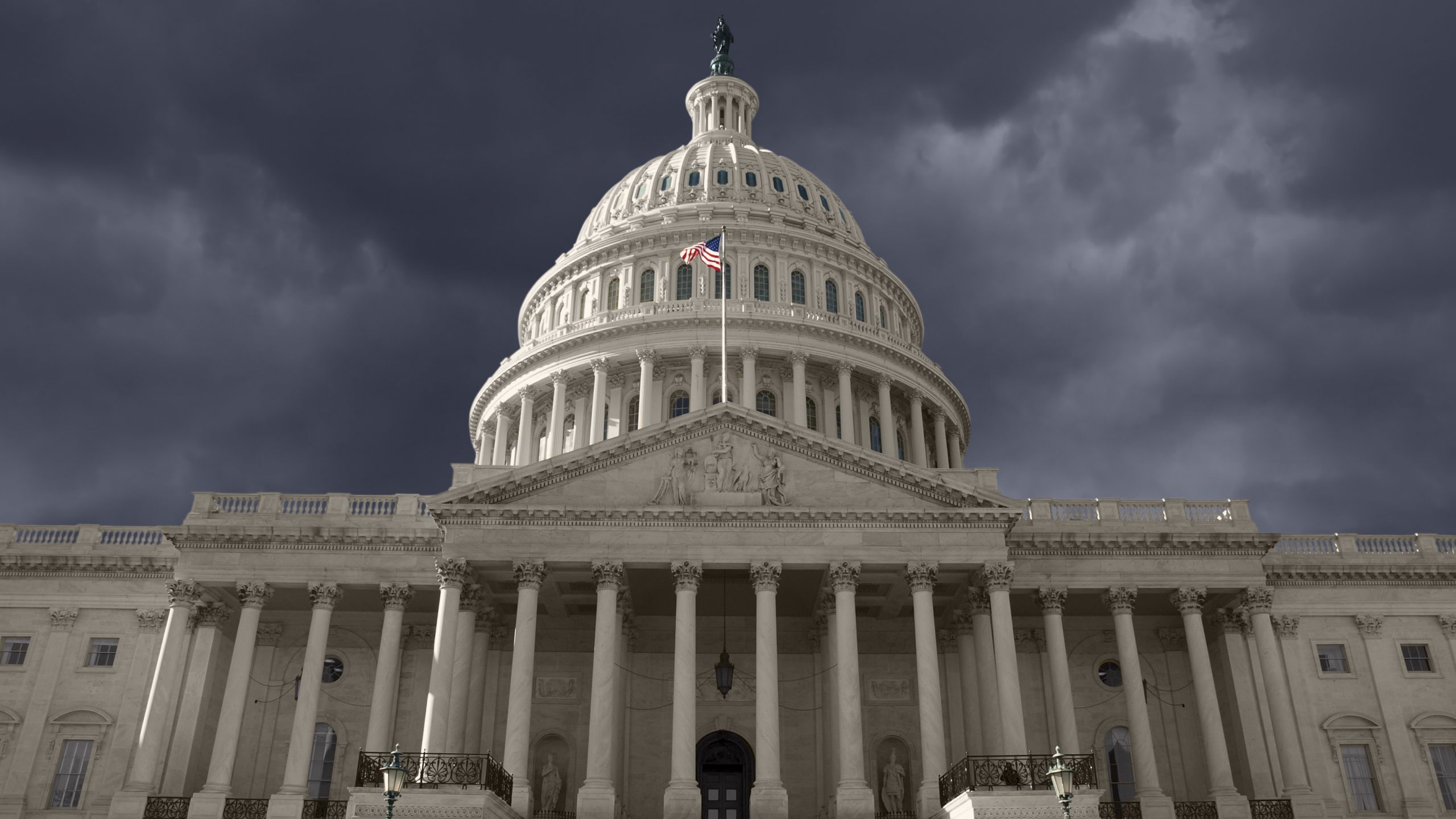
By Emilio Jaksetic
Representatives Don Beyer (D-VA 8), Jennifer Wexton (D-VA 10) and Gerald Connolly (D-VA 11) are co-sponsors of the Washington, D.C. Admission Act (H.R. 51), which seeks to admit the District of Columbia as the 51st state. Representatives Beyer, Wexton and Connolly are wrong to support this legislation because it is barred by the unique status the District of Columbia has under the U.S. Constitution, and because Congress has no authority to amend or nullify language in the U.S. Constitution by statute.
Under Article I, Section 8, Clause 17 of the U.S. Constitution, Congress is authorized to “exercise exclusive Legislation in all Cases whatsoever, over such District (not exceeding ten Miles square) as may, by Cession of particular States, and the Acceptance of Congress, become the Seat of the Government of the United States.” In 1790, the District of Columbia was created after Maryland and Virginia ceded land to the Federal Government for the purpose of establishing the seat of government described in Article I, Section 8, Clause 17. Nothing in Article I, Section 8, Clause 17 authorizes Congress to change the status of the District of Columbia.
In 1961, the 23rd Amendment to the U.S. Constitution was ratified. In that Amendment, the District of Columbia was explicitly recognized as “constituting the seat of Government of the United States” and was given representation in the Electoral College. Although Section 2 of the 23rd Amendment gave Congress “power to enforce this article by appropriate legislation,” Section 2 does not authorize Congress to change the status of the District of Columbia by legislation.
In 1978, Congress passed a proposed amendment to the U.S. Constitution to give the District of Columbia full representation in Congress, not by granting it Statehood, but by treating it “as though it were a State.” The proposed amendment was then submitted to the 50 states for their consideration. Only 16 States (not including Virginia) ratified the proposed amendment, and the time limit for its ratification expired on August 22, 1985. Article V of the U.S. Constitution sets forth the procedures for amending the U.S. Constitution. Nothing in Article V, or any other provision of the U.S. Constitution states, suggests, or implies that Congress can pass legislation that amends, nullifies, or ignores provisions of the U.S. Constitution.
However strongly Representatives Beyer, Wexton, and Connolly believe that the citizens of the District of Columbia should have full representation in Congress, their beliefs do not justify their support for legislation that ignores the U.S. Constitution and seeks to circumvent it. Good intentions are no excuse for ignoring the U.S. Constitution. Besides, it would be easy for Representatives Beyer, Wexton, and Connolly to pursue their goal in a constitutionally proper manner — they could simply offer a proposed amendment to the U.S. Constitution for Congress to approve and refer to the 50 States for consideration and ratification.
Emilio Jaksetic is a Republican who lives in Fairfax County, Virginia.


